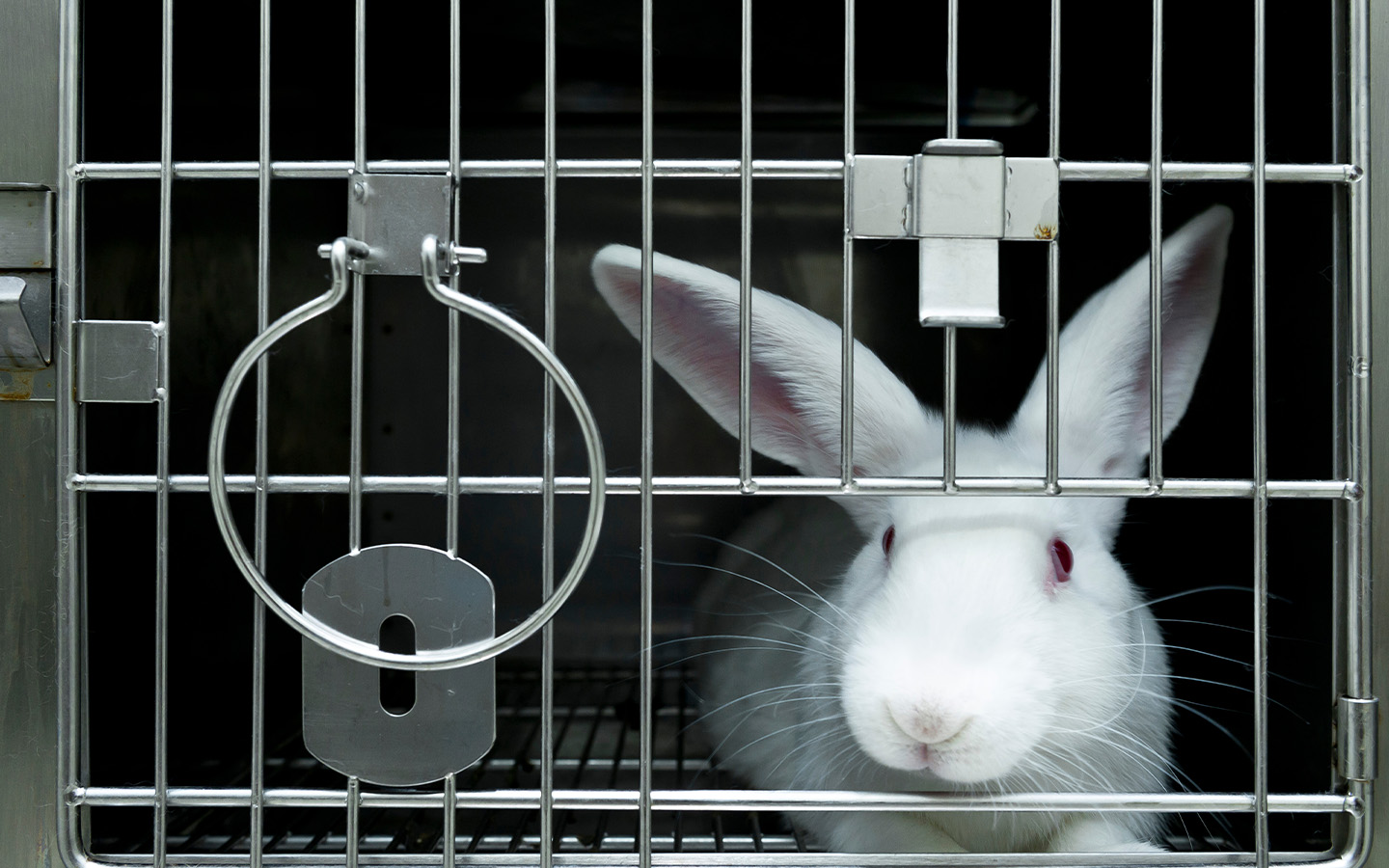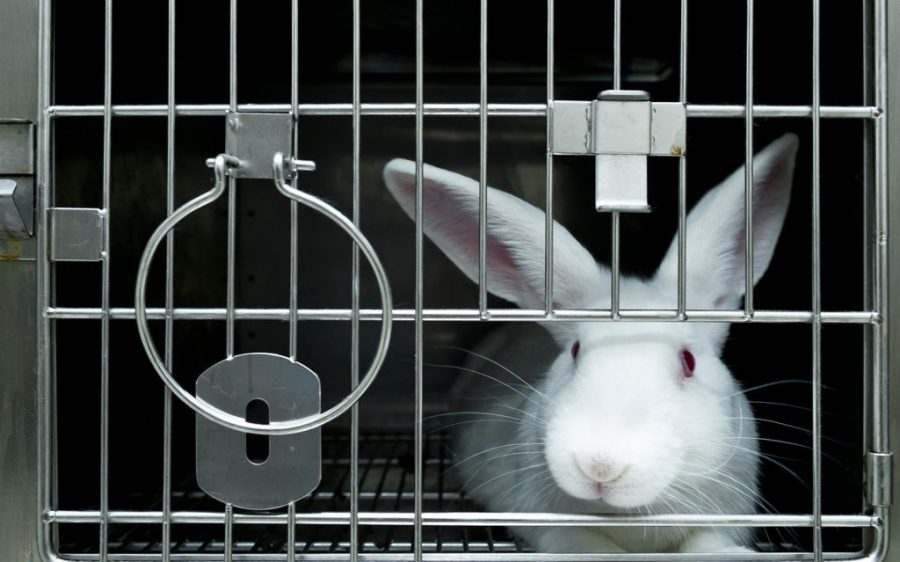Brazilian legislators have approved a bill banning testing of ingredients or personal hygiene products, cosmetics and perfumes on live vertebrates, according to a press release from the Chamber of Deputies.
The legislation modifies an existing law to prohibit the use of animal testing data for product authorisation, except in cases where it is required by non-cosmetic national or international regulations.
Maintaining animal experimentation as the dominant practice in the industry, the bill’s rapporteur Representative Ruy Carneiro said in the press release, would represent not only an ethical failure but a scientific setback as well, out of step with advances in bioethics and commitments to promoting animal welfare. He believes the bill serves the interest of animal advocates and industry.
While the bill allows for the sale of products and ingredients tested on animals before the effective date of the change, Carneiro sees it as a “turning point” for Brazilian animal welfare.
[See more: Meet the doctor hoping to revolutionise cancer treatment with AI-powered chips]
Humane World for Animals (known colloquially as the Humane Society) celebrated the win on Instagram, saying it came after “more than a decade of advocacy” by their group and allies like Te Protejo, a Chile-based NGO dedicated to transforming the cosmetics industry in Latin America.
“This legislation is a powerful example of what’s possible when government, industry, nonprofits and the public unite for positive change,” the society wrote.
Brazil is set to join a growing list of Latin American countries – including Chile, Mexico, Columbia and more – that have enacted similar bans. Many other countries and jurisdictions across the world have also opted to ban the cruel practice, including the European Union, South Korea, New Zealand and the US, where the Food and Drug Administration recently began phasing out certain types of animal testing.
The bill still needs to be signed by the president and published before it can enter into force following a regulatory period of up to two years, allowing agencies time to establish protocols for alternative testing methods. Carneiro cited methods such as computational models, 3D bioprinting of tissues, organoids and cell cultures, which he said “have been consolidating themselves as reliable, ethical and often more effective tools” for ensuring product and ingredient safety.






